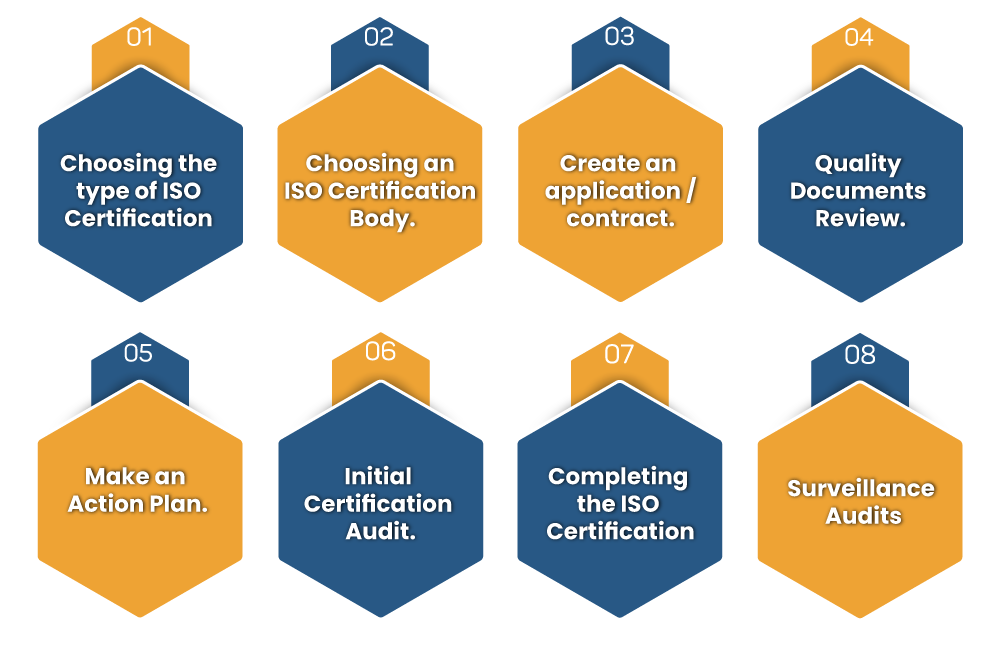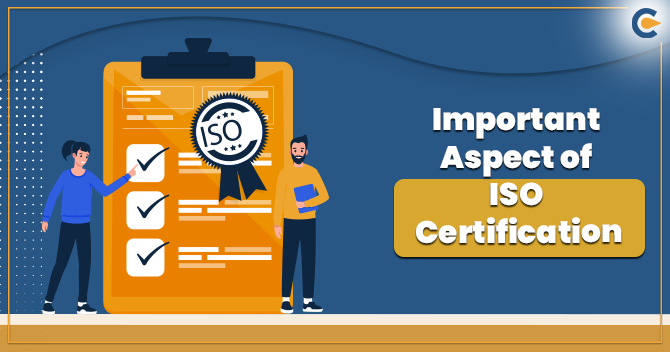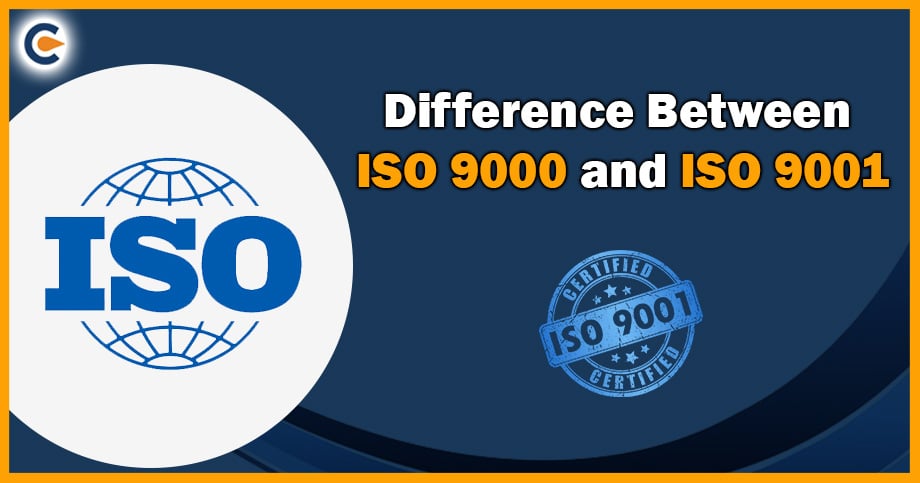In manufacturing, quality control plays a crucial role in maintaining a proper & successful operation. When it deteriorates, the goods or products tend to show it. Consequently, this would lead to the deterioration of the customer base and the company’s reputation in the target market.
It also hampers those consumers’ needs because the goods you are supplying are not of expected quality standard. Inherently, consumer satisfaction is very imperative in manufacturing, too, on many levels. In this blog, you will come across the aspect of ISO certification for the manufacturing firms.
Why Automation itself Not Enough to Ensure Superior Product Quality?
Many organizations leverage automation because it radically reduces human error and improves product quality to a considerable extend. But the wrong set of instructions can ruin the automation as well as the final production. A poor automation system can cost you huge sums of money and left you with a long list of unsatisfied customers. There must be a proper mechanism in place to identify these disparities. The only solution to this problem is implementing a proper system such as ISO 9001 that adheres to quality & reliability.
ISO 9001:2015 is the latest iteration of the ISO family that aims to improve the supply chain, quality, and operation of the company through the implementation of a proper system. Fixing the existing loopholes in the QMS is one of the most important aspects of ISO Certification.
What is the ISO Certification, and how it Benefits Manufacturers?
Simply put, ISO (International Organization for Standardization) is an organization that draft and publish various standards that focus on services, goods, and processes. These standards are considered as the epitome for quality and efficacy in various industries working in the area of supply chain and manufacturing.
To become ISO certified, you are required to leverage an expert or a third-party to examine or audit the processes, services & products within your company. They take various attributes into account to determine the level of compliance against the ISO norms within the company. After being approved post examination, the certified authority grants the ISO certificate to the company.
The ISO certification renders innumerable benefits to the organization. You can leverage this certificate during the vetting of contract to manifest that your firm adheres to ISO norms. Since ISO is being referred to as the global standard for quality, a business can promote it to improve its presence in the existing market. This can help them to attract more and more customers over time. Garnering more customers is another crucial aspect of ISO certification.
How Many Groups of ISO Standards Exist at Present?
ISO 9001:2015 is the latest version from the family of ISO certification. It is widely used in industries that are engaged in manufacturing. Apart from this, ISO also publishes other Groups of standards through constant evolution and research. These are as follows:-
- ISO 9000 – Quality Management
- ISO / IEC 27000 – Information Security Management Systems
- ISO 31000: 2018 – Risk Management
- ISO 50001: 2018 – Energy Management
- ISO 26000: 2010 – Social Responsibility
- ISO 28000: 2007 – Specifications for Security Management Systems for the Supply Chain
- ISO 37001: 2016 Anti-Bribery Management Systems
- ISO 45001 – Occupational Health and Safety
- ISO 22000 – Food Management Systems
- ISO/TS 29001: Gas and Oil Industry
- ISO 13485: Medical Devices and Equipment
- ISO 14000: Environmental Management
- ISO 17582: Government Electoral Organizations
- ISO/IEC 90003: Software Engineering
- ISO 18091: Local Government Processes
In general, each group is regarded as a “family” and encloses various specifications. For example- the ISO 9000 family of standards includes ISO 9001 & 9000.
Generalized Process to Obtain ISO Certification


ISO 9001 Applicability on Manufacturing Units
ISO objectively enables companies & teams to pinpoint document & sync processes that are supposed to address consumer requirements and product quality. It also pave down a long list of methods to resolve the cost, quality, and customer-based issues. Implementing the best version of grievance control mechanism within the organization is the most productive aspect of ISO certification.
It encompasses everything from safety norms & manufacturing to operational specifications of products created. Moreover, because ISO is a global body with widespread reach, implementing their standards also enables local firms to produce products and services according to the customer’s need residing in other nations. It stands to the fact that consumers in other nations may be more focused on specific attributes or features, as opposed to a customer back home in India. This also renders the advantage of improved local and global trade- simply because the products are always up to par.
The most imperative aspect of ISO registration is consistent improvement. Every nation or business that abides by the provisions cited under the standard focuses on optimizing its output to surpass consumer expectations.
Leveraging ISO standards for regular operations can lead to higher customer satisfaction, productive processes, fewer loopholes, reduced operating cost, & a higher consumer satisfaction rate- particularly over entities that do not leverage ISO standards[1].
ISO is all about Quality Improvement and Value Addition
There is a common misconception that ISO applicability is confined to a few business forms or that it underpins more intricate standards for any operation. They are intimidated by the fact that meeting ISO requirements would fade their ability to manage the day to day task. In reality, that’s not the case at all. In fact, once you avail the certification, it manifest that you & your teams are highly productive & focused on quality over anything else.
The standards are important for consumers because they optimize business processes to be more productive. If you encounter the opposite, it’s because your operations have fails to meet the norms, or you are not adopting the recommended approach to manage things properly.
Documentation, for instance, is an imperative aspect of ISO registration. You are supposed to document everything in detail, but that doesn’t indicate that you need to produce a huge amount of files and documents related to the effort. It’s more about how effectively you deal with this, which prefers quality over quantity.
Conclusion
Disregarding the aspect of ISO certification could be a costly affair for someone who is in desperate need of improving the quality parameter of their offerings. By obtaining ISO registration, you would be able to offer some resistance to competition and brighten your chances to sustain longer in the given market. So it would be ideal to avert further delay for the implementation of ISO standards within the organization.
It won’t be an easy undertaking for someone to meet the requisites of the ISO registration. A constant assessment and analysis of the existing processes would be required before filing an ISO registration application. Perhaps, this may lead any of the manufacturers to a state of uncertainty. So it is advisable to hire a professional from a reputed firm like CorpBiz, which believes in rendering 100% customer satisfaction regardless of the complexity of the task.
Read our article: Why the ISO Registration Has Creditability in India: Process of ISO Certification











